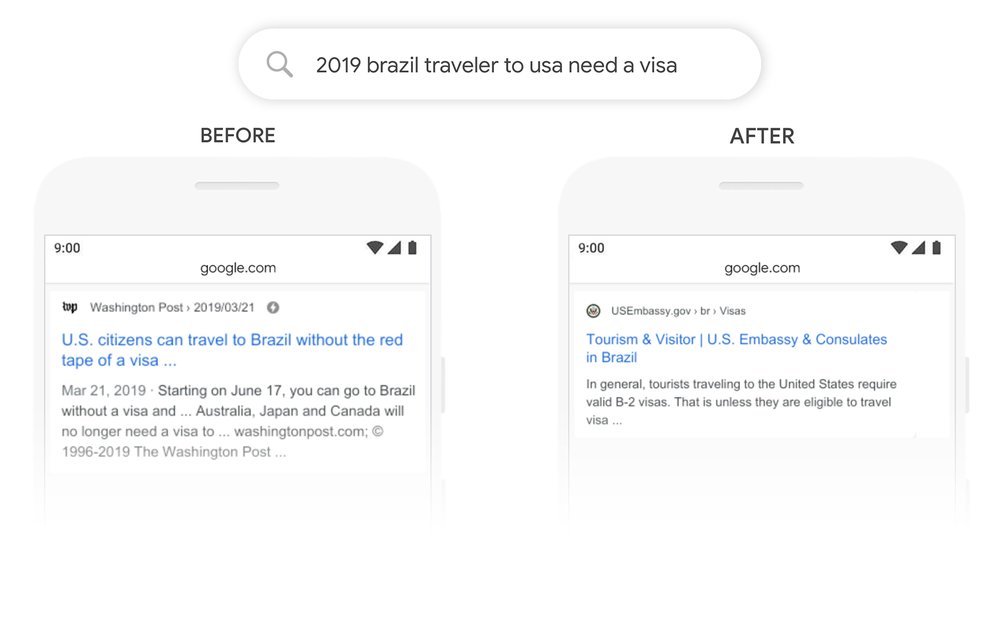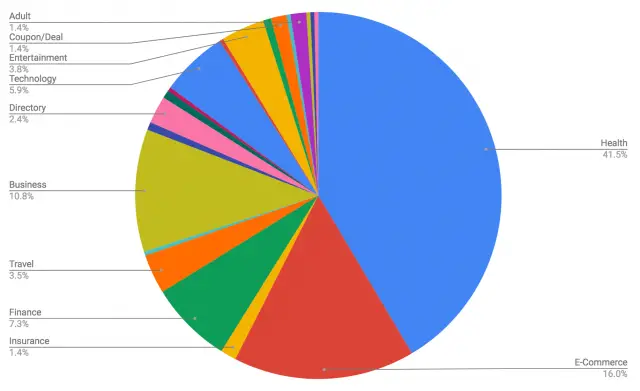Google announced another broad core update to the Google Search algorithm on January 7th, 2020. This announcement was followed shortly by Google saying that the update was live and would be rolling out to its data centers in the followingdays.
Later today, we are releasing a broad core algorithm update, as we do several times per year. It is called the January 2020 Core Update. Our guidance about such updates remains as we’ve covered before. Please see this blog post for more about that:https://t.co/e5ZQUA3RC6
— Google SearchLiaison (@searchliaison) January 13, 2020
For most publishers, this announcement doesn’t come as a surprise. Google Core updates now happen several times per year, and those updates are just the ones they choose to announce. In 2018, Google claims to have made 3,234 updates to its algorithm. This amounts to nearly 9 updates per day.
Additionally, we wrote an article on the most recent Google May 2020 core update.
Recent Google Core updates that impacted publishers
Google has released so many core updates in the past few years that they could fill up an entire blog of their own. For brevity’s sake, here’s a handful of the (named and confirmed) Google core updates that had the greatest impact on publishers in recent years. BERT Update (October 22, 2019) — Google made changes to its algorithm and upgraded underlying hardware to support the BERT natural language processing (NLP) model. BERT helps Google better interpret natural language (voice) searches and better understand the context of language.

Site Diversity Update (June 6, 2019) — This update was intended to improve situations where sites had more than two organic listings in the SERP. So, if a SERP had 3-5 listings of the same site, this may have been affected to show fewer post-update.
Have you ever done a search and gotten many listings all from the same site in the top results? We’ve heard your feedback about this and wanting more variety. A new change now launching in Google Search is designed to provide more site diversity in our results…. — Google SearchLiaison (@searchliaison) June 6, 2019
Medic Update (August 1, 2018) — This broad core algorithm update rolled out over the period of about a week, but peaked in the first two days of August. This update appeared to disproportionately affect sites in the health and wellness vertical, although there was a large-scale impact still seen across all verticals.
For publishers who might have suffered a hit from the Medic update, we wrote a blog on how to add authority to your YMYL site instantly.

Mobile Speed Update (July 8, 2018) — This update made page speed a ranking factor for mobile results. Google said that this only affected the slowest mobile sites, and there was no evidence of major mobile rankings shifts. We wrote a guide on how to improve your mobile rankings post-mobile-first indexing.
If you want the full list of Google core updates, Moz has a detailed timeline of the historical updates.
Google’s advice for core updates
In typical Google fashion, they gave no specific, actionable advice on how to deal with the January 2020 core update. Their only piece of advice was to refer back to the August 2019 Google Webmaster Central blog on what you should know about core updates.
That being said, the blog offers advice that most publishers should read at least once. Here’s some of the most important info outlined below.
There’s nothing wrong with pages that may perform less well in a core update. They haven’t violated our webmaster guidelines nor been subjected to a manual or algorithmic action, as can happen to pages that do violate those guidelines. In fact, there’s nothing in a core update that targets specific pages or sites. Instead, the changes are about improving how our systems assess content overall. These changes may cause some pages that were previously under-rewarded to do better.
One way to think of how a core update operates is to imagine you made a list of the top 100 movies in 2015. A few years later in 2019, you refresh the list. It’s going to naturally change. Some new and wonderful movies that never existed before will now be candidates for inclusion. You might also reassess some films and realize they deserved a higher place on the list than they had before.
The list will change, and films previously higher on the list that move down aren’t bad. There are simply more deserving films that are coming before them.
Outside of this explanation, Google says to focus on content. They refer back to a 2011 Webmaster Central blog titled, “More guidance on building high-quality sites.” We wrote an article that outlines the most important takeaways from the guidelines and what they mean for publishers.
How to tell if your site was affected by a Google Core update
- Did you change anything major on your site?
- Are your pages displaying correctly?
- Is it a specific page that lost the traffic, or is it site-wide?
- Is the loss confined to new users or return visitors?
These questions offer a great starting point in diagnosing losses in site traffic. Below is a step-by-step tutorial on how to diagnosis drops in Google rankings.
The tutorial will help you examine the following areas of your site to find the source of the organic traffic loss:
- landing pages
- location of traffic loss
- traffic by device
- new vs. returning visitors
- Google Search Console data
In reality, Google’s algorithmic updates are one of the rarest reasons why your site may have experienced organic traffic loss. Chances are, once you investigate the data, you’ll find there was a more innocent cause—broken landing pages, changes to the site, changing ad placements or monetization partners, etc.
If your site’s drop in traffic wasn’t caused by any of these types of changes, then you might be a victim of a Google core update. In that case, there isn’t much you can do besides continue focusing on creating high-quality content that users want.
How to respond to Google Core Updates if you’re affected
Don’t change your site. This way, if you do experience an organic loss (or growth) in traffic, you will be able to attribute the cause to the update. On the other hand, if you are changing your site to “fix” a possible drop in traffic from the rollout you will never know if your changes are helping, hurting, or making no difference because the updates rollout and change over the weeks following Google’s announcements.
As the January Google 2020 core update rolls out, we won’t know the impact it has on publishers until more time has passed. Currently, Twitter and forums like WebmasterWorld and BlackHat World are exploding with “evidence” of this core update being a big one.
BTW, it’s worth noting that this site has lost rich snippets as well. That can happen during broad core updates, since there’s a quality component at play. Important to know if you have rich snippets and you’re impacted. https://t.co/7pSrYDMt6d
— Glenn Gabe (@glenngabe) January 14, 2020
If you filter through these examples, you begin to see through that the evidence is mostly anecdotal. With every core update, you will find examples of publishers who gain traffic, and publishers who lose traffic.
If it becomes clear in the coming weeks that there is a significant impact (some updates have negligible effects) on publishers, we will provide you with data showing you what has changed and the types of publishers who were affected.
In the meantime, keep creating great content in the new year. Did you experience any losses (or boosts) in organic traffic as of yesterday? Let me know in the comments.


